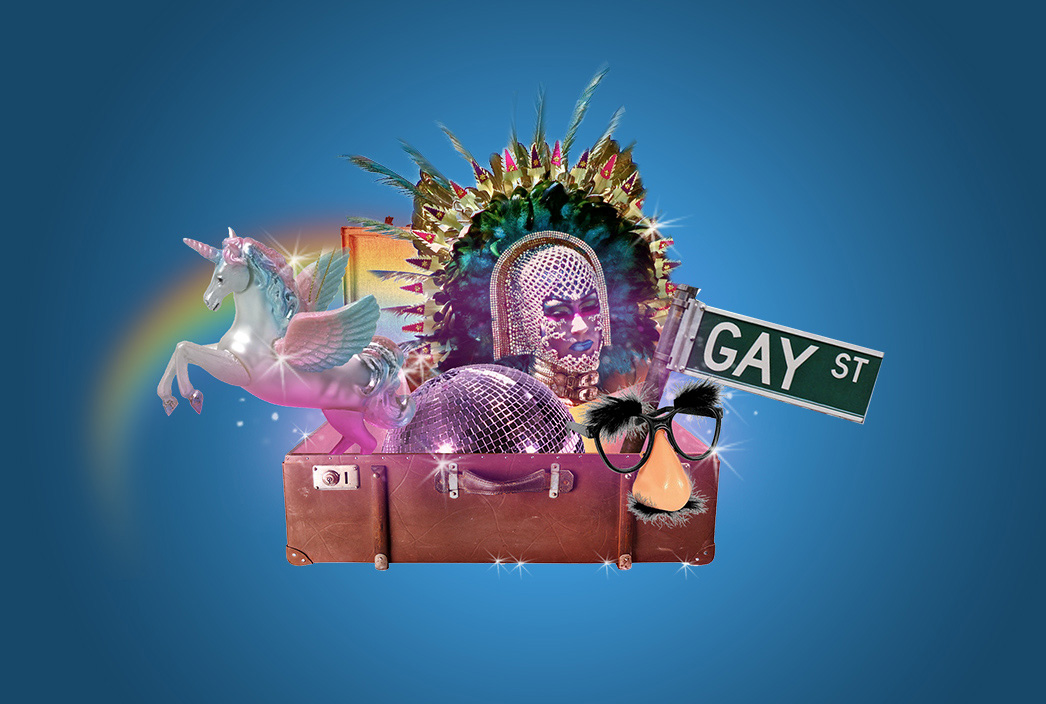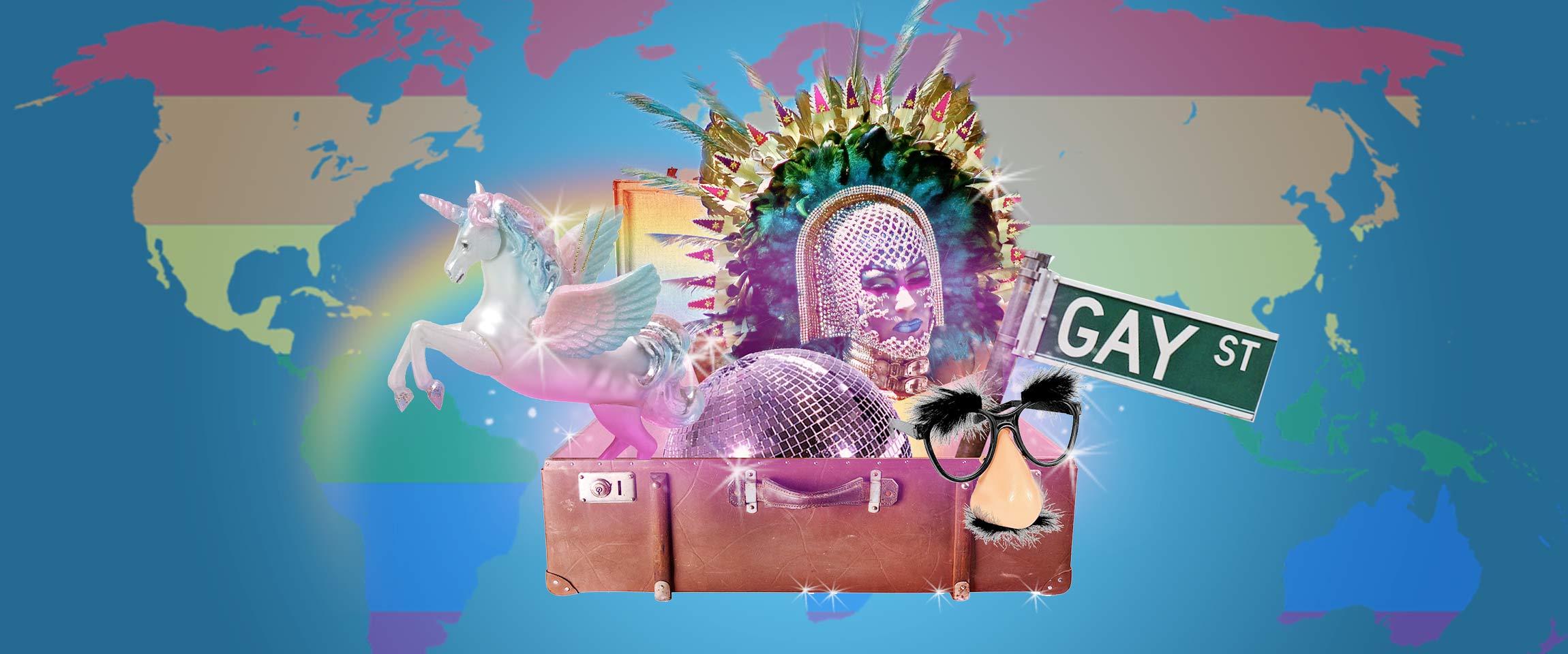
My Travels with Masculinity – Opinion
By Nish Gera
Nish Gera has previously written for the ROMEO blog about Pride. Now, he’s back with his own lived experience of masculinity, from India, to New York, and finally, to Europe. For our regular readers, settle in, as this is longer than the average ROMEO post.
My Travels with Masculinity
I was seven when I was told not to walk like a girl for the first time. This was India, 1988. I didn’t know I was gay, or what being gay was. And neither did anyone else where I lived; except for gay as in happy.
To walk holding hands with my good friend, or two friends for that matter – male friends – was an everyday thing. Walking like a girl wasn’t. It was something that needed to be nipped in the bud. Controlled and policed, before it led to some unspeakable catastrophe.
It would take me about two decades to realize what people, who had told me not to walk like a girl, were protecting. Two decades for me to stop protecting it myself.
Largely, I felt I was growing up in a tolerant country. From my middle-class urban vantage point, there weren’t a whole lot of sacred cows. Except literally, of course! It was ok to fuck with most things, so to speak, but when it came to gender. The lines had been drawn that once crossed, led to fairly dire consequences.
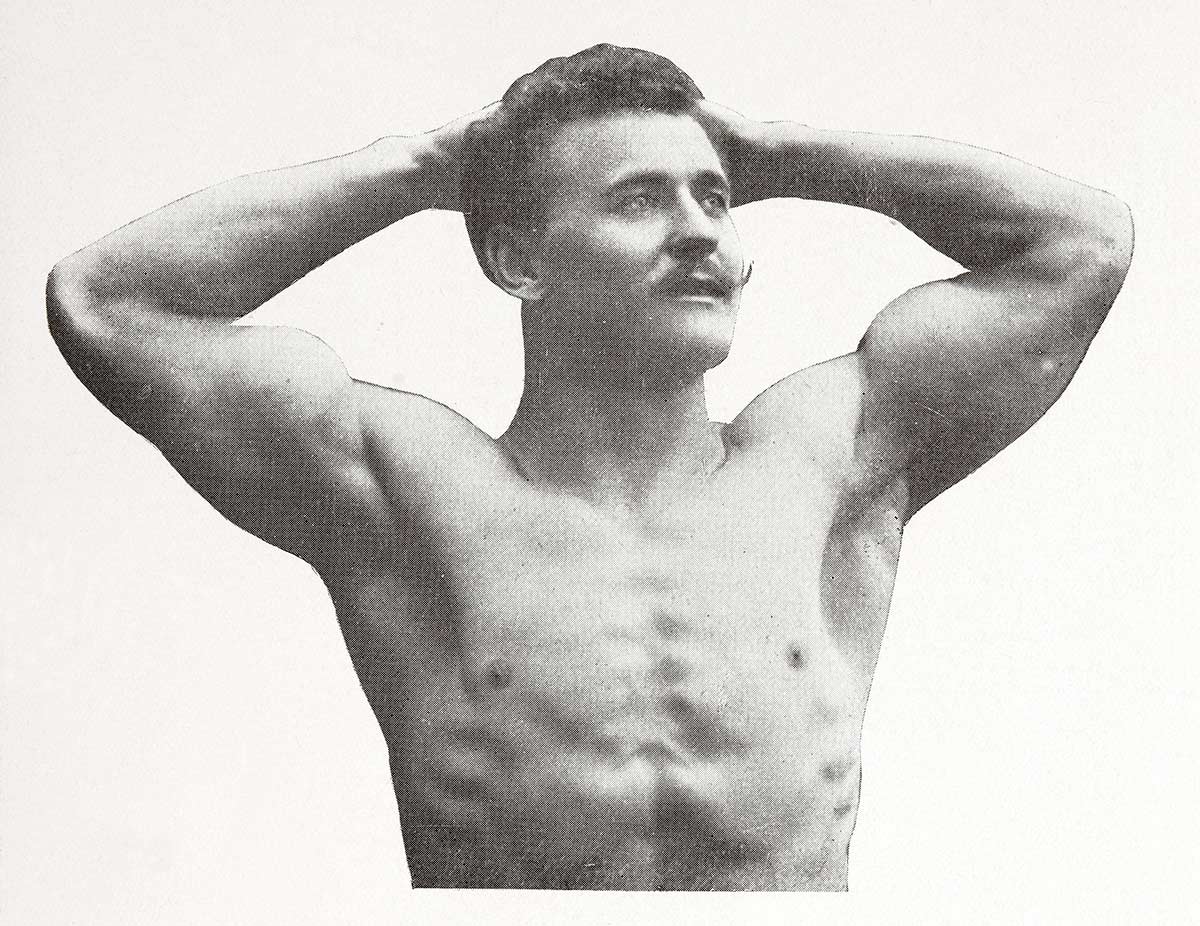
Gender-fucking was not ok! Especially for a seven-year-old boy growing up in small-town India, who was, apart from the walk, harboring some dangerous desires that he couldn’t yet name.
So, I knew that it was “wrong” to act like a girl, way before I knew that it was “wrong” to desire a boy.
What this led to was a complex maneuvering of gestures, postures, gait styles, and body movements over the years. By mid-adolescence, faking it had become second nature. My body language adapted to protect and propagate an unspoken, but strictly laid-out code of masculinity. This wasn’t the language of my body, but I had learned to speak it. I had learned early on, not speaking this language had its consequences.

The codes of masculinity are well laid out, but fragile. They need protection constantly. And just like that, almost unknowingly, I had signed up to be one of their volunteer guardians, like countless others before me.
I also learned that there were nuances of how the two normative genders were being protected. When a girl in my school sometimes deviated from the code of femininity, she wasn’t punished as much. Ironically, in a country that still has a whole lot of catching up to do on gender equality, lack of femininity in girls was less brutally policed. I guess there was less fragility there.
Masculinity, like post-war communism, had to have its rituals propagated and protected, and any defectors that tried to jump the ‘Berlin wall of gender’, were not just punished, but also set up as examples for others who were contemplating getting anywhere close to that wall.
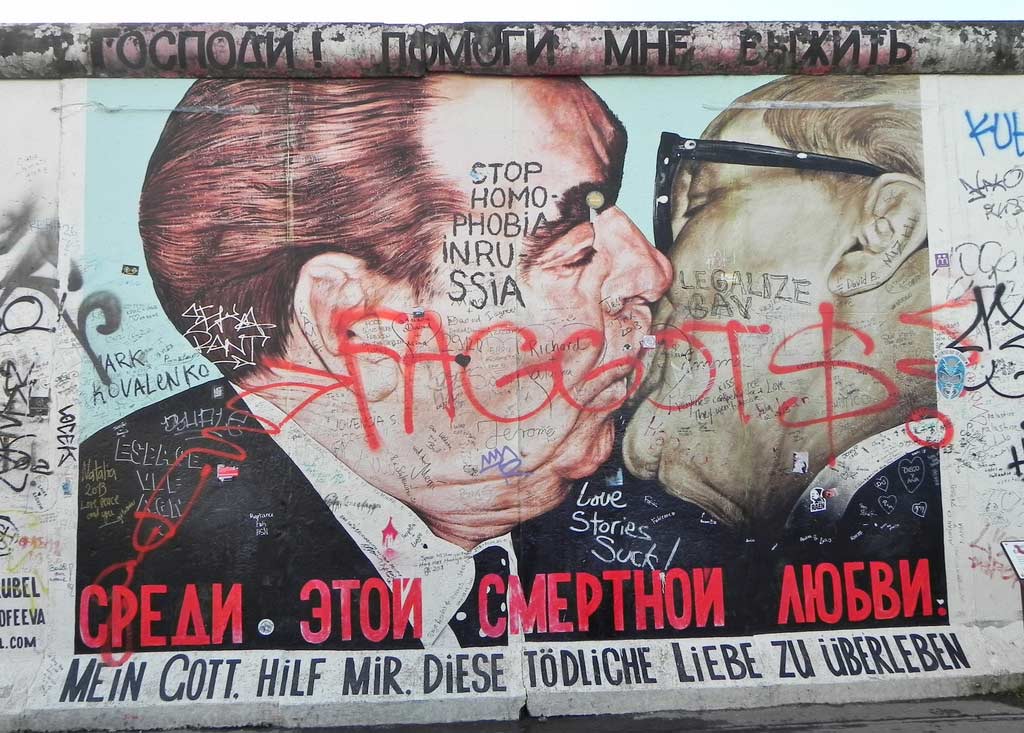
When I moved to New York, I started working in the corporate world. My days were spent moving from one meeting to the next, in that heady mix of life-defining purpose and power that the corporate world bestows on an unassuming twenty-two-year-old immigrant. As I walked between meetings, I made sure that I wasn’t walking like a girl, or sashaying. Because, sashaying was for weekend nights spent with friends in Chelsea and the East Village.
I was coming out. First slowly. And then, well, not so slowly. I was also discovering the subtle rules that we gay men have laid out for gender performance. Like, what’s “OK” and sexually attractive. What is good strictly as a performance, but is not to be imitated, or brought home, so to speak. And of course, I generalize here, perhaps unfairly. There were/are safe enclaves in many major cities in the US, where playing with gender or genderfuck, is much more accepted.
Traveling across the country, I was discovering the particularities of what it meant, to be a “real man” in America. Those curious and homo-erotic rituals of American frat culture that are an induction into a strain of masculinity, and that require its followers to speak in really low pitched voices, wear clothes that seem two sizes too big and wear a baseball cap.
Vulnerability is not part of the ensemble, obviously!
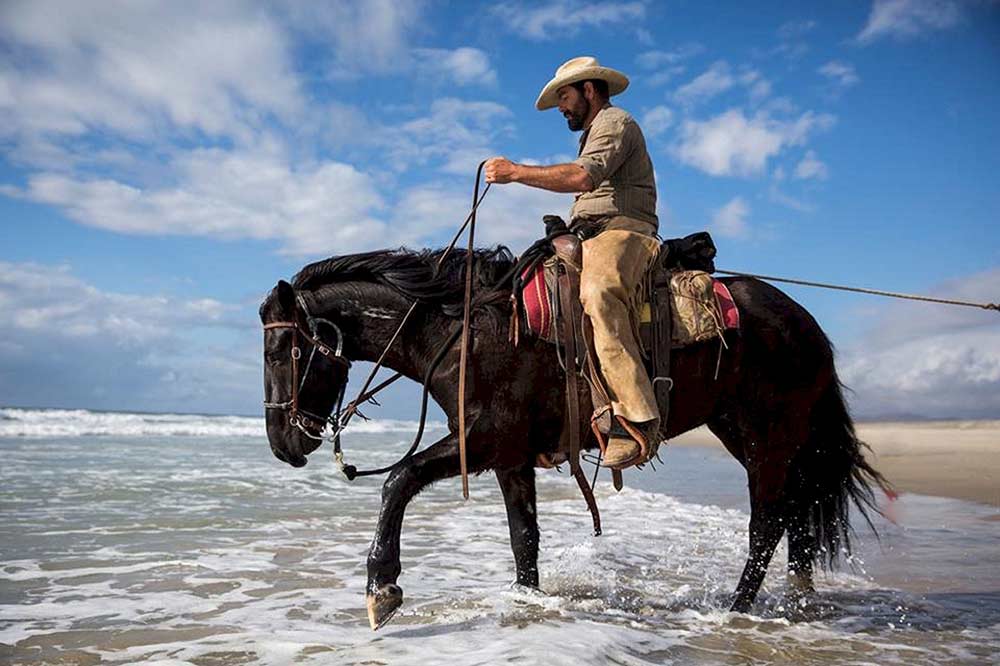
By this time, however, I had started to see through the facade, and it was clear to me that the pain and despair caused by all that repression lurked not too far underneath. How this linked to violence in America, suicide among young men, and bullying, was something that had begun to be talked about in less hushed voices now.
The guy I was dating at the time, once used a female nickname on the phone for me. I told him never to do that again. I had learned the codes well.
I waited for three Halloweens to summon the courage to do drag. After that, it was a bit of a slippery slope. (It gets even more slippery when you’ve got high heels on.) And then July 4th on Fire Island happened. Standing on the front deck of a boat carrying about two hundred drag queens with the wind roaring through my blond wig, is one of the few moments in my life when I have felt a sense of nationalistic pride. It was pride for a country that I was not yet a citizen of, but that’s a technicality.
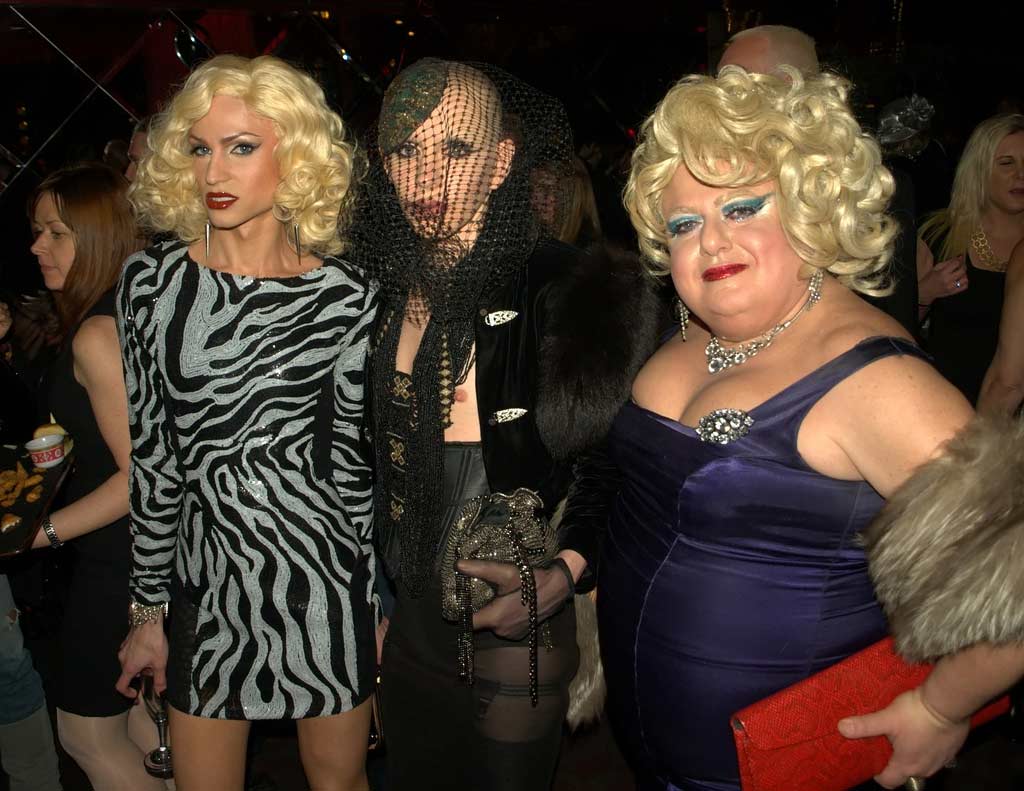
When I moved to Europe about two years ago, I realized that the codes of masculinity work differently. Shirts were more fitted, shoes were pointier, and baseball caps were virtually considered a fashion faux-pas; except ironically, in mainstream gay male communities.
If the lone cowboy is the ultimate symbol of American masculinity, what is it for Europe? And why does it seem to me that in mainstream gay circles in European cities, we are protecting masculinity with a fierceness that would merit suspicion?
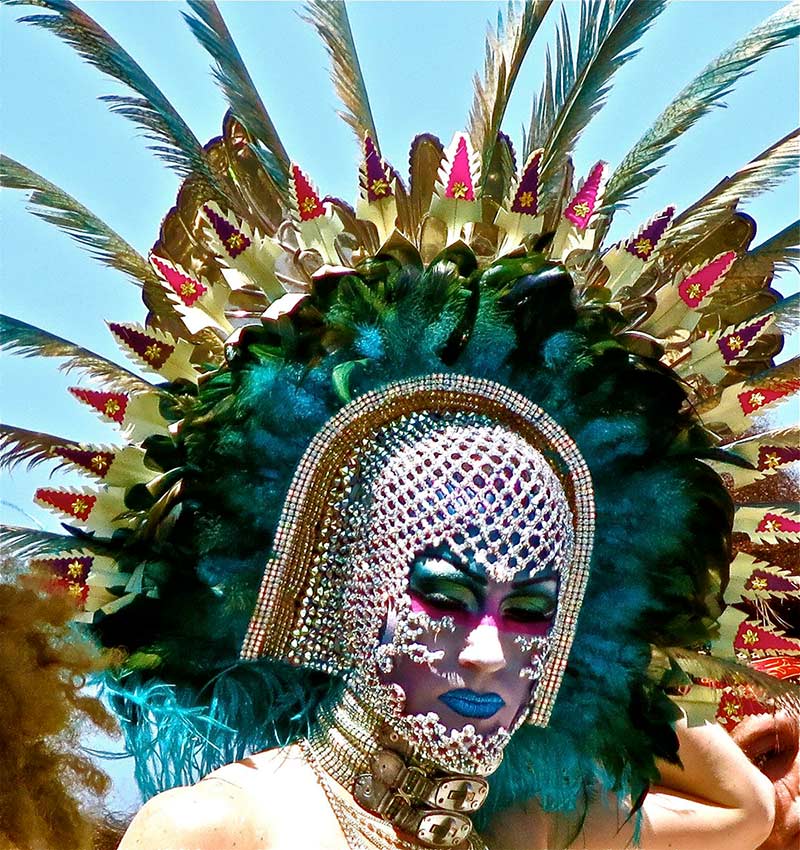
But, dear reader, this isn’t a “Short history of masculinity across three continents.” This is an account of my journey through its landscapes and minefields. In fact, I now think of normative masculinity more as the horizon. Sometimes good to look at, but always futile to pursue. In the chasm between myself and that horizon, I have discovered that much is to be gained by exploring this blue of distance. That’s where the play happens, and that’s where the fun lives.
I have also learned that there is much to lose in pursuing the codified ideals of masculinity. The realisation of the masculine self is based on three moments of negation, best summed up by the French philosopher Élisabeth Badinter, when she says, “in order to signify his male identity, a man will have to convince himself and others: that he is not a woman, not a baby, not a homosexual.”
I’d rather be all of the above, while also being a man, whatever that means. So much more fun that way!
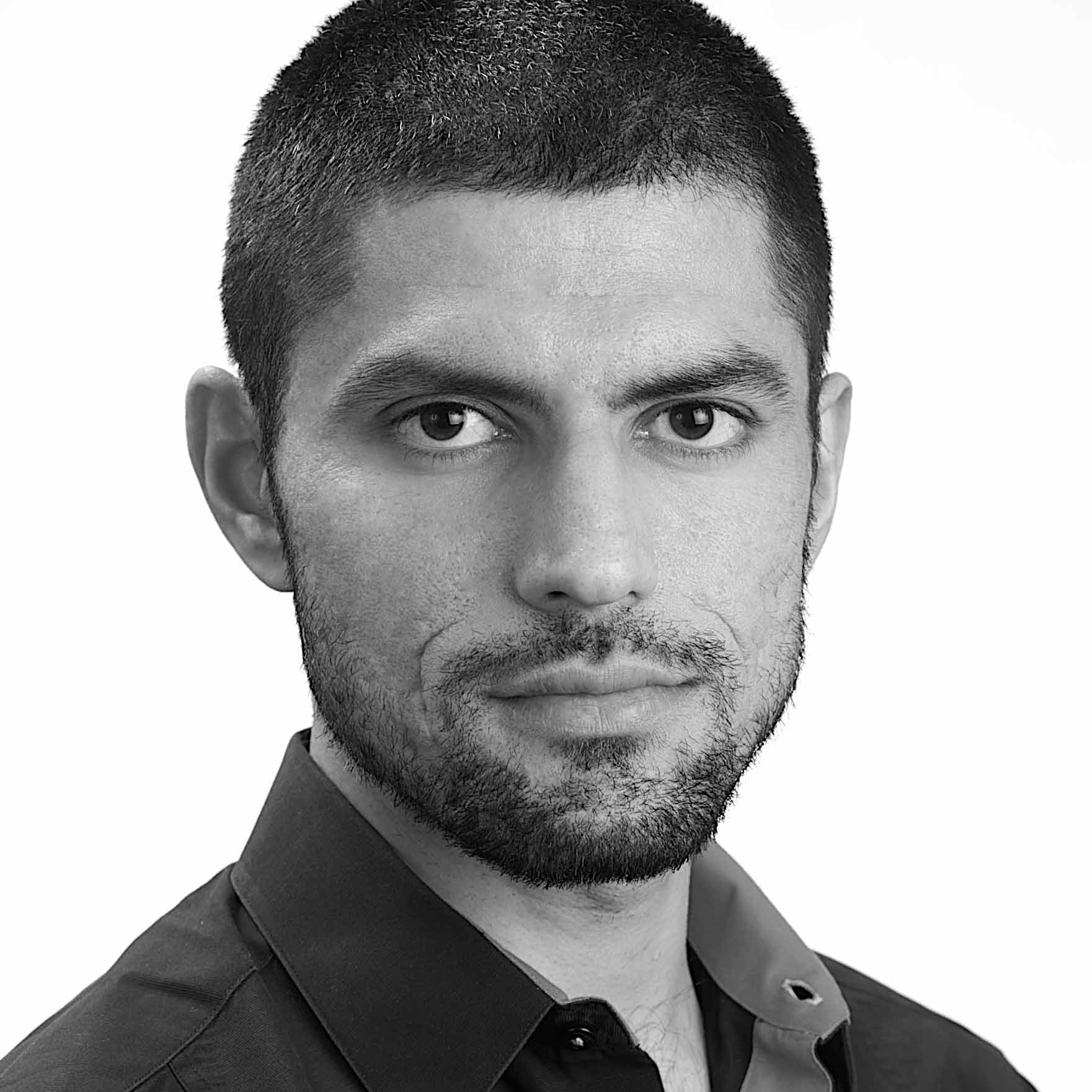
About the Author – Nish Gera
Bio – Nish Gera is a writer, and filmmaker, based in Brussels. He is the screenwriter and director of the award-winning short film Scar Tissue. When not busy making films, Nish also contributes to the Huffington Post. The talented Mr. Gera was born in India and lived for a while in New York City. You can follow Nish on Twitter @nishgera.

Make Your Voice Heard
If you would like to write a piece on gay culture, send your proposal to social@planetromeo.com.
Give Us Your Feedback
Well, we’re curious to hear your thoughts. How do you feel about gender, masculinity, or femininity? What gender do you identify as and what genders are you attracted to? Do you feel included on the gender spectrum at all, or do you feel more comfortable outside of that narrative? Is a binary structure the perfect fit for you, or far too simple to describe the true you? Let us know.
You can leave your comments on our Facebook post to share them with us and the rest of the community.
End Note
We’re always looking for new opinion pieces; it’s a chance for you to have your voice heard, and to read other points of view. We’re happy to present some open editorials here to stimulate thought or initiate a conversation, but just because we share something, doesn’t always mean we agree with it; more that we think it’s worth thinking about. Topics like gay culture, food, fashion, sport, music, human rights, dating, sex, and anything else you get up to, that’s what we’re looking for.
